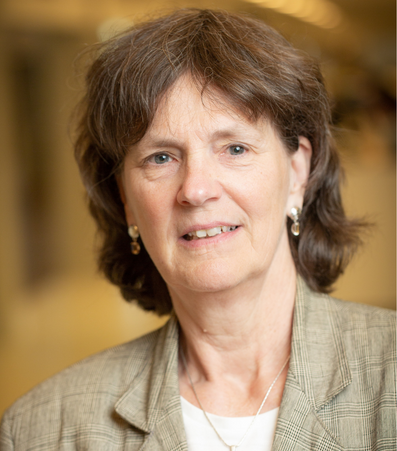There are 7 billion people to feed today, and this number is expected to increase to 9 billion by 2050. This implies that more food is needed; more food means that more water is required for crop and livestock production. But how secure are our supplies of food and water?
In this course you examine a range of approaches towards food and water security, from international policy agreements to community-based activities. Theory is combined with practice in the lectures, the discussions and the excursions, with all providing concrete examples of how issues of food and water security are being analysed and addressed in various regions, at various levels and by various actors from science and society.
Food and water security is a major theme at VU Amsterdam, where it is embedded in the teaching and research work of the Centre for International Cooperation (CIS-VU) and the Amsterdam Centre for World Food Studies, a joint initiative of the School of Business and Economics (SBE) and the Athena Institute of the Faculty of Earth and Life Sciences (FALW).
Course aim
At the end of this course you will:
- Better understand food and water security, its context (local to global), major challenges, innovative solutions and policies.
- Understand and can explain major concepts and theories in this field.
- Be able to select and apply appropriate trans-disciplinary approaches in food and water security research, including the use of data collection, analysis and presentation tools.
- Have acquired the computational skills needed to process relevant data, evaluate outputs and synthesize the overall outcome.
- Possess the communication skills needed to participate in current debates in the field of food and water security.
News report (in Dutch)
Link: "Selfies maken en kalfjes aaien tijdens de Summer School - Advalvas News"
Please send an email to: Dr Denyse Snelder (trainer) d.j.r.m.snelder@vu.nl and/or Bert Haans (secretariat) a.n.haans@vu.nl and we will get back to you asap.
